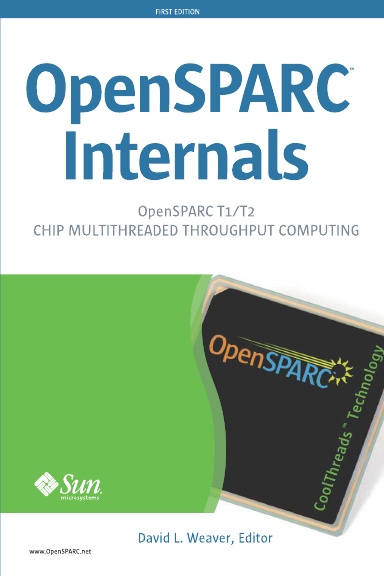Let's talk about unsigned integers. These can be tricky because they wrap-around from big to small. Signed integers wrap-around from positive to negative. Let's look at an example. Suppose I want to do something for all iterations of a loop except for the last OFFSET of them. I could write something like:
if (i < length - OFFSET) {}
If I assume OFFSET is 8 then for length 10, I'll do something for the first 2 iterations. The problem occurs when the length is less than OFFSET. If length is 2, then I'd expect not to do anything for any of the iterations. For a signed integer 2 minus 8 is -6 which is less than i, so I don't do anything. For an unsigned integer 2 minus 8 is 0xFFFFFFFA which is still greater than i. Hence we'll continue to do whatever it is we shouldn't be doing in this instance.
So the obvious fix for this is that for unsigned integers we do:
if (i + OFFSET < length) {}
This works over the range that we might expect it to work. Of course we have a problem with signed integers if length happens to be close to INT_MAX, at this point adding OFFSET to a large value of i may cause it to overflow and become a large negative number - which will continue to be less than length.
With unsigned ints we encounter this same problem at UINT_MAX where adding OFFSET to i could generate a small value, which is less than the boundary.
So in these cases we might want to write:
if (i < length - OFFSET) {}
Oh....
So basically to cover all the situations we might want to write something like:
if ( (length > OFFSET) && (i < length - OFFSET) ) {}
If this looks rather complex, then it's important to realise that we're handling a range check - and a range has upper and lower bounds. For signed integers zero - OFFSET is representable, so we can write:
if (i < length - OFFSET) {}
without worrying about wrap-around. However for unsigned integers we need to define both the left and right ends of the range. Hence the more complex expression.




No comments:
Post a Comment